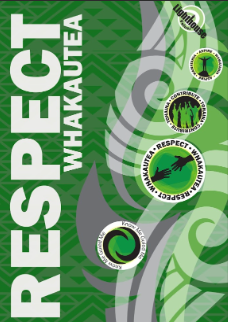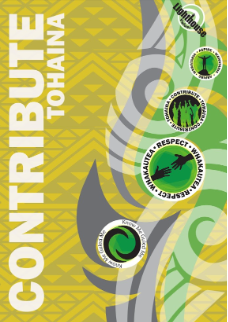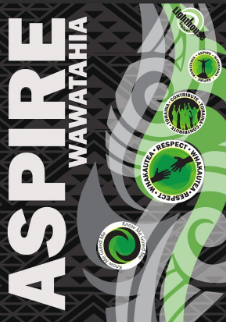Our Kura - Our Way - Rangiora High School Values
 |  |  |
Whakautea RespectManaaki Mai - Respect for self Manaaki Atu - Respect for others Manaaki i te Taio - Respect for the environment | Tohaina Contribute
ka ora te manuhiri With your food basket and my food basket, the people will thrive | Wawatahia AspireWhāia te iti kahurangi, ki te tuohu koe, me he maunga teitei Seek the treasure that you value most dearly, If you bow your head, Let it be to a lofty mountain |
The Rangiora Way:
“Our purpose is to live our values by creating a connected and inclusive school community where everyone belongs, feels empowered to succeed as themselves, and embraces challenges with confidence and courage.”
Living Our Values at Te Kura o Rangiora:
At Te Kura o Rangiora, we strive to live and breathe our values in everything we do.
We aim to nurture a school community where every person is supported to:
- Care for others and our environment, enhancing the mana of those around us.
- Be the best version of themselves, reaching their full academic, creative, and sporting potential.
- Actively contribute to our community, building the skills and character to confidently navigate the future.
Restorative Practice at Te Kura o Rangiora
At Rangiora High School, we build and maintain positive, respectful relationships through Restorative Practice. Grounded in equality, dignity, and mana, our approach focuses on Reflecting, Repairing, and Reconnecting when things go wrong. We promote well-being, resilience, and responsibility, ensuring every interaction strengthens our learning community. Respectful relationships are at the heart of who we are.
Restorative Practice helps us uphold our values by promoting reflection, responsibility, and connection. When harm occurs, we work together to repair relationships and restore well-being for all.

